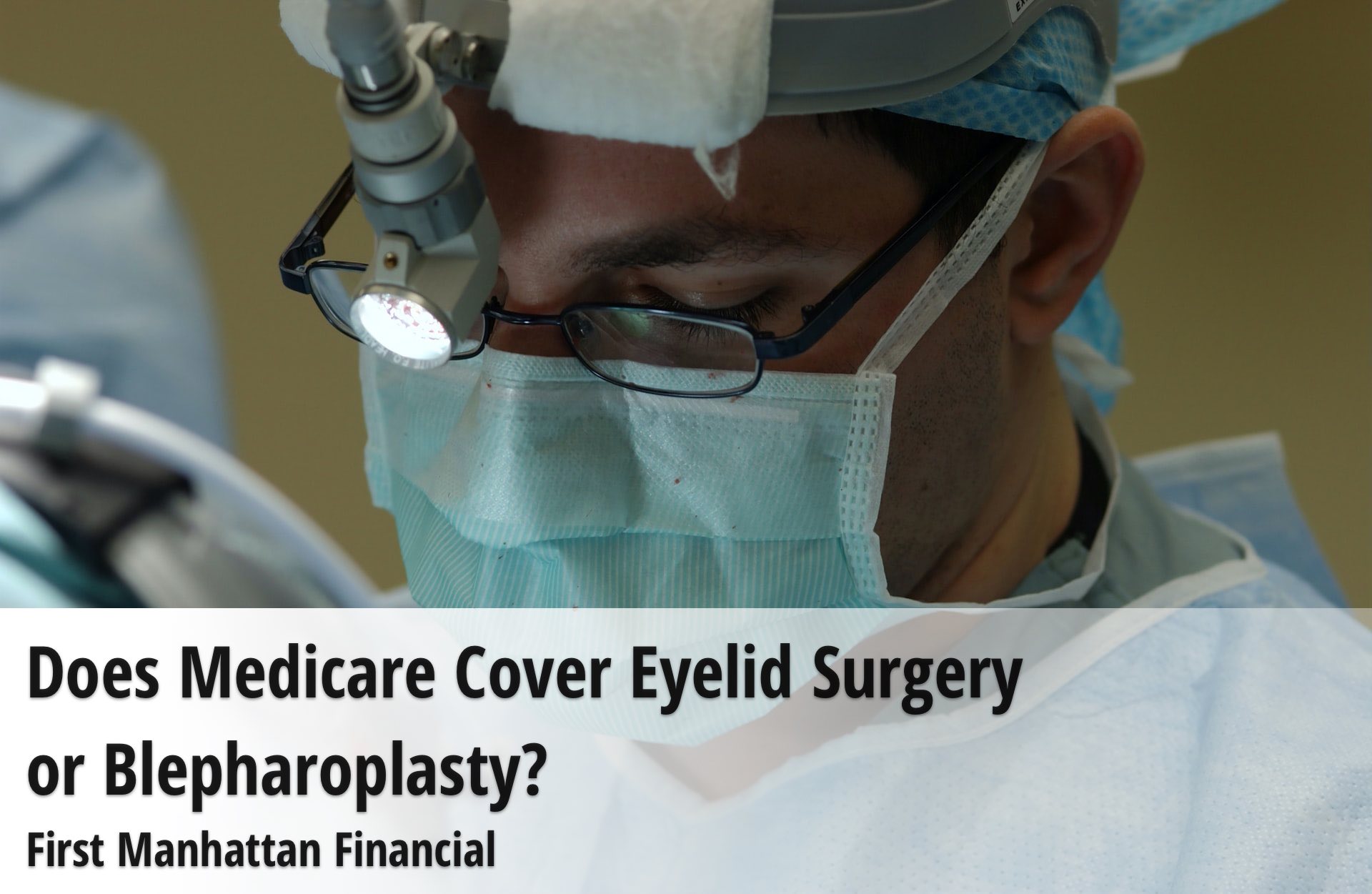Medicare is a vital health insurance program for individuals aged 65 and older, as well as certain younger people with disabilities. Among the many services it covers, eye surgery can play a significant role in treating various conditions that affect vision. Understanding the specifics of Medicare coverage for eye surgery is crucial for beneficiaries who may need these procedures.

Medicare Part A, which covers hospital inpatient services, and Part B, which covers outpatient services, play essential roles in providing coverage for eye surgeries. Generally, Medicare will cover eye surgery when it is deemed medically necessary. This includes procedures aimed at treating conditions such as cataracts, glaucoma, and certain retinal disorders.
Cataract Surgery: One of the most Medicare coverage for eye surgery common eye surgeries covered by Medicare is cataract surgery. If a cataract is impacting your vision and daily activities, Medicare Part B covers the procedure, including the surgical removal of the cataract and the implantation of an intraocular lens (IOL). However, beneficiaries may be responsible for a copayment for the outpatient procedure.
Glaucoma Treatment: Medicare also covers certain treatments for glaucoma, including surgical procedures and laser treatments that help lower eye pressure. Coverage typically extends to procedures that have been shown to be medically necessary for managing the condition.
Retinal Surgery: For conditions affecting the retina, such as retinal detachment or macular degeneration, Medicare may cover surgical interventions that aim to preserve or improve vision. The specifics can depend on the nature of the treatment and its necessity for medical health.
While Medicare provides coverage for many eye surgeries, it’s essential to note that routine eye exams, glasses, and contact lenses are generally not covered under traditional Medicare. Beneficiaries looking for coverage for routine eye care might consider enrolling in a Medicare Advantage plan, which often includes additional vision benefits.
Before undergoing any eye surgery, it’s important to consult with your healthcare provider to determine whether the procedure meets Medicare’s criteria for medical necessity. Additionally, checking with your Medicare plan can clarify coverage details, potential out-of-pocket costs, and any requirements for referrals or prior authorizations.
In summary, Medicare provides valuable coverage for necessary eye surgeries, helping beneficiaries manage vision-related health issues. Understanding the coverage specifics can empower individuals to make informed decisions about their eye health, ensuring they receive the necessary care while effectively managing their healthcare costs.
